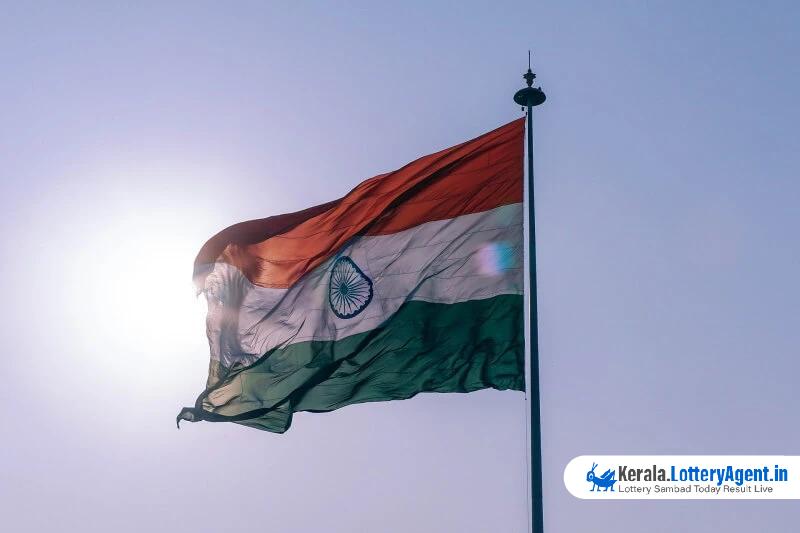
The Indian gaming sector is currently grappling with uncertainty as stakeholders had anticipated that the Goods and Services Tax (GST) Council would reconsider the 28% tax imposed on online gambling, casino activities, and horse race betting. The Council, which had declared this tax rate in July of last year, held a meeting on Saturday, 22 June, to review rates and regulations across various industries. However, Finance Minister Nirmala Sitharaman confirmed that the contentious gaming tax was not on the agenda for discussion.
The impugned tax, which is levied on the total face value of bets rather than on gross gaming revenue, operates as a turnover-based tax. Economist and former Indian government official Dr. Aruna Sharma told iGaming Business, “There is no clarity or relief regarding the imposition of tax on the entire transaction value rather than just the income of the platform. The heavy taxation is likely to be passed on to the players.” Dr. Sharma suggested that recourse could be sought from the Supreme Court, which might enforce GST only on the earnings of the platform rather than on the money involved in real money games.
This tax regime, implemented in October 2023, had many operators hoping for a review at the six-month mark. Nevertheless, the GST Council’s latest meeting did not bring the expected relief. However, a newly approved clause at the Saturday meeting, Section 11A, might offer some hope. If passed by India’s Parliament, it would allow companies from different sectors to seek relief from retrospective tax demands.
The Supreme Court recently stated that it would hear multiple petitions disputing retrospective demands from gaming operators. Dr. Sharma remains optimistic, saying, “The good news is that the tax rationalisation Group of Ministers committee has been reconstituted and may review the tax on online gaming.” She further noted that Section 11A now includes provisions that could waive retrospective tax due to ambiguities for both the State and the Centre and also allow for the waiver of penalties and interest on retrospective tax dues.
Despite the potential reprieve that Section 11A might provide, the gaming industry remains in a state of uncertainty. Manish Mishra, a partner at JSA Advocates and Solicitors, described the lack of talks regarding online gaming as a “major disappointment.
.” Rajat Bose, a partner at Shardul Amarchand Mangaldas & Co Advocates & Solicitors, explained the broader concerns of the industry to iGaming Business. “The online gaming industry was eagerly looking forward to the GST council meeting in the hope that their concerns will be addressed by Council,” he said. “However, their issues could not find a place in the agenda. The industry will have to wait until the next meeting to see some kind of clarity on the tax structure, especially on retrospective application.”
There remains no certainty around when the GST Council will address these concerns. Sitharaman indicated on Saturday that the GST Council had run out of time to discuss various items on the agenda. She added that these items would be taken up in a forthcoming meeting, potentially before the end of August. However, she reiterated that the gaming tax “was not on the agenda” for discussion at last Saturday’s meeting.
A new joint report by Ernst & Young and the US-India Strategic Partnership Forum highlights the pressing challenges faced by the operators. According to the report, the Indian gaming sector has attracted $2.6 billion in foreign direct investment since 2019. However, since the implementation of the new tax regime, no new capital has been raised. The report mentioned that some companies reported a complete withdrawal of global marquee investors at the onset of the new GST regime. One prominent example is Super Group, which owns sportsbook brand Betway and online casino brand Spin; the company exited the Indian market last October.
The 28% tax rate constitutes the second major regulatory change to India’s online gambling market in the past year. In January 2023, the Indian government published new rules to regulate online gambling. These continued regulatory shifts contribute to the overall atmosphere of uncertainty and cautious optimism within the gaming sector, as stakeholders await clearer guidelines and potential relief measures in the coming months.
The ongoing situation underscores the complex and evolving landscape of India’s gaming industry, as it navigates through new tax regimes and regulatory measures. The industry’s stakeholders remain hopeful yet cautious, as they look forward to future discussions and decisions that will shape the economic viability and growth of online gaming in India.












